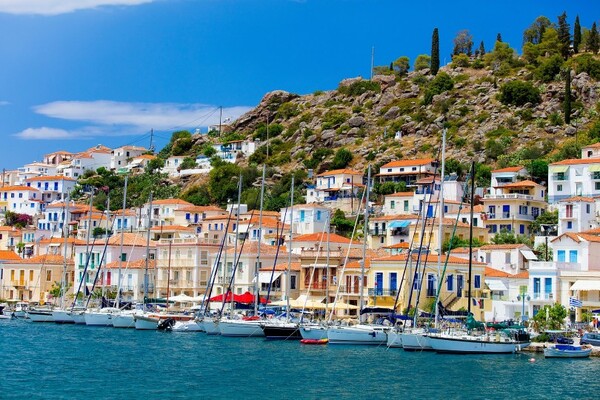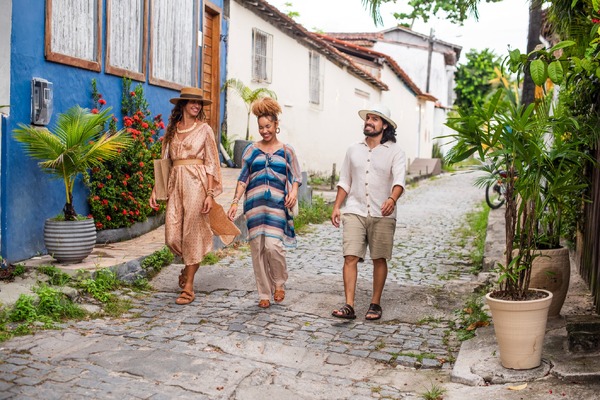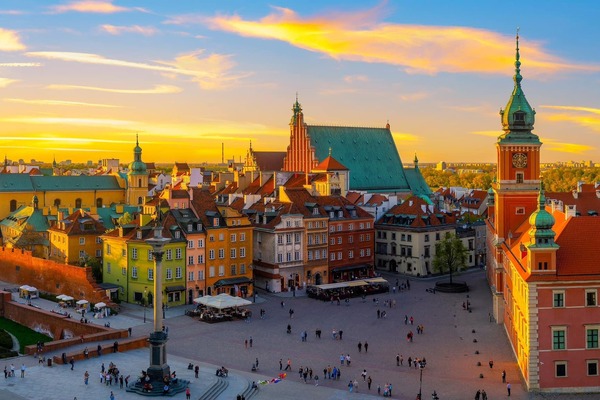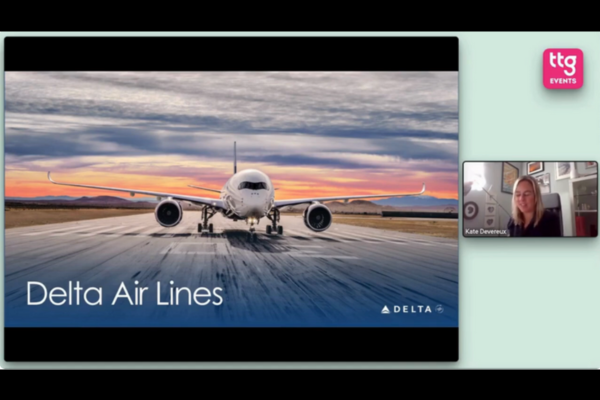Iata: 'Governments must digitise Covid health checks'
 James Chapple
James ChappleIata has warned of "airport chaos" if government’s don’t adopt digital processes to check and manage Covid-19 test and vaccine certification.
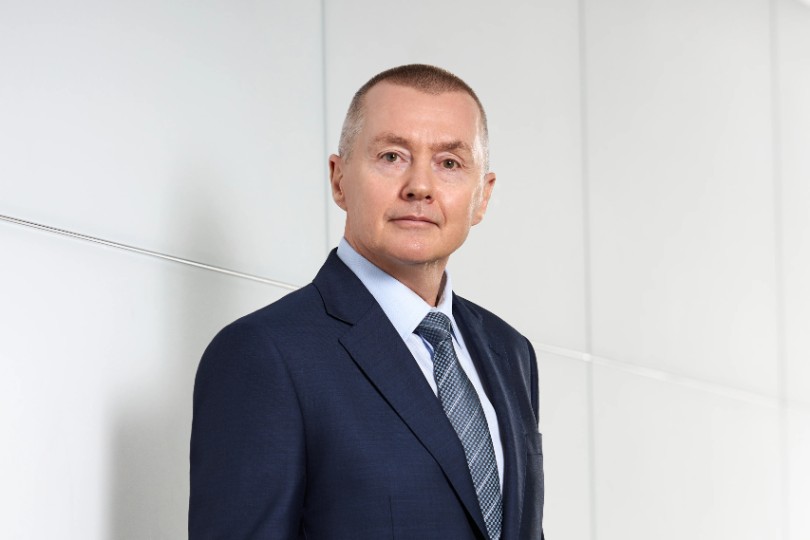
The association said pre-Covid, passengers spent – on average – around 90 minutes navigating typical airport travel processes. These include check-in, security, border control, customers and baggage claim.
However, the association said the most recent data on passengers’ airport journey suggest this has doubled to around 180 minutes.
More worryingly, Iata said this was based on passenger and travel volumes at only around 30% of pre-Covid levels.
Its modelling suggests without improvements to the Covid passenger journey, these processes could amount to five-and-a-half hours per trip at 75% pre-Covid volumes – and eight hours at 100%.
"Without an automated solution for Covid-19 checks, we can see the potential for significant airport disruptions on the horizon," said Iata director general Willie Walsh.
"Already, average passenger processing and waiting times have doubled from what they were pre-crisis during peak time, reaching an unacceptable three hours. And that is with many airports deploying pre-crisis level staffing for a small fraction of pre-crisis volumes. Nobody will tolerate waiting hours at check-in or for border formalities.
"We must automate the checking of vaccine and test certificates before traffic ramps up. The technical solutions exist. But governments must agree digital certificate standards and align processes to accept them."
Iata said key to avoiding delays was ensuring any new processes involving Covid documentation were digitised, and aligned with the transition over the past 20 years to self-service processes at airports.
"If governments require Covid-19 health credentials for travel, integrating them into already automated processes is the solution for a smooth restart," said the association.
This, it said, wold require "globally recognised, standardised and interoperable" digital certificates for Covid-19 testing and vaccination.
The association said after the G20 came to a similar solution, it was now incumbent on the G7 – which is due to meet in the UK starting 11 June – to agree a solution based around four key pillars. These are:
- Issue vaccination certificates based on World Health Organization (WHO) Smart Vaccine Certificate data standards including QR codes;
- Issue Covid-19 test certificates in accordance with the data requirements set out by the International Civil Aviation Organization (ICAO);
- Accept digital Covid-19 test and vaccine certificates at their borders; and
- Where governments require airlines to check travel credentials, governments should accept traveller friendly apps, such as the Iata Travel Pass, to efficiently facilitate the process.
"More and more people are being vaccinated," said Walsh. "More borders are opening. Booking patterns tell us pent-up demand is extremely high.
"But governments and the competent authorities are acting in isolation and moving far too slowly. A smooth restart is still possible. But governments need to understand the urgency and act fast."
Next steps
Iata wants the G7 to engage the aviation sector and work in tandem with industry experts to ensure any safe travel requirements are operationalised efficiently to restart travel globally.
"A good first step would be G7 agreement, with industry input, on a common set of Covid-19 travel requirements," said Walsh. "The next step would be implementing and mutually recognising those requirements.
"If the G7 took these leadership measures, the freedom to travel could be seamlessly restored for about a third of all journeys. Other countries could build on that leadership for a safe and efficient global restart of connectivity."
Sign up for weekday travel news and analysis straight to your inbox

James Chapple
Supplier Directory
Find contacts for 260+ travel suppliers. Type name, company or destination.


